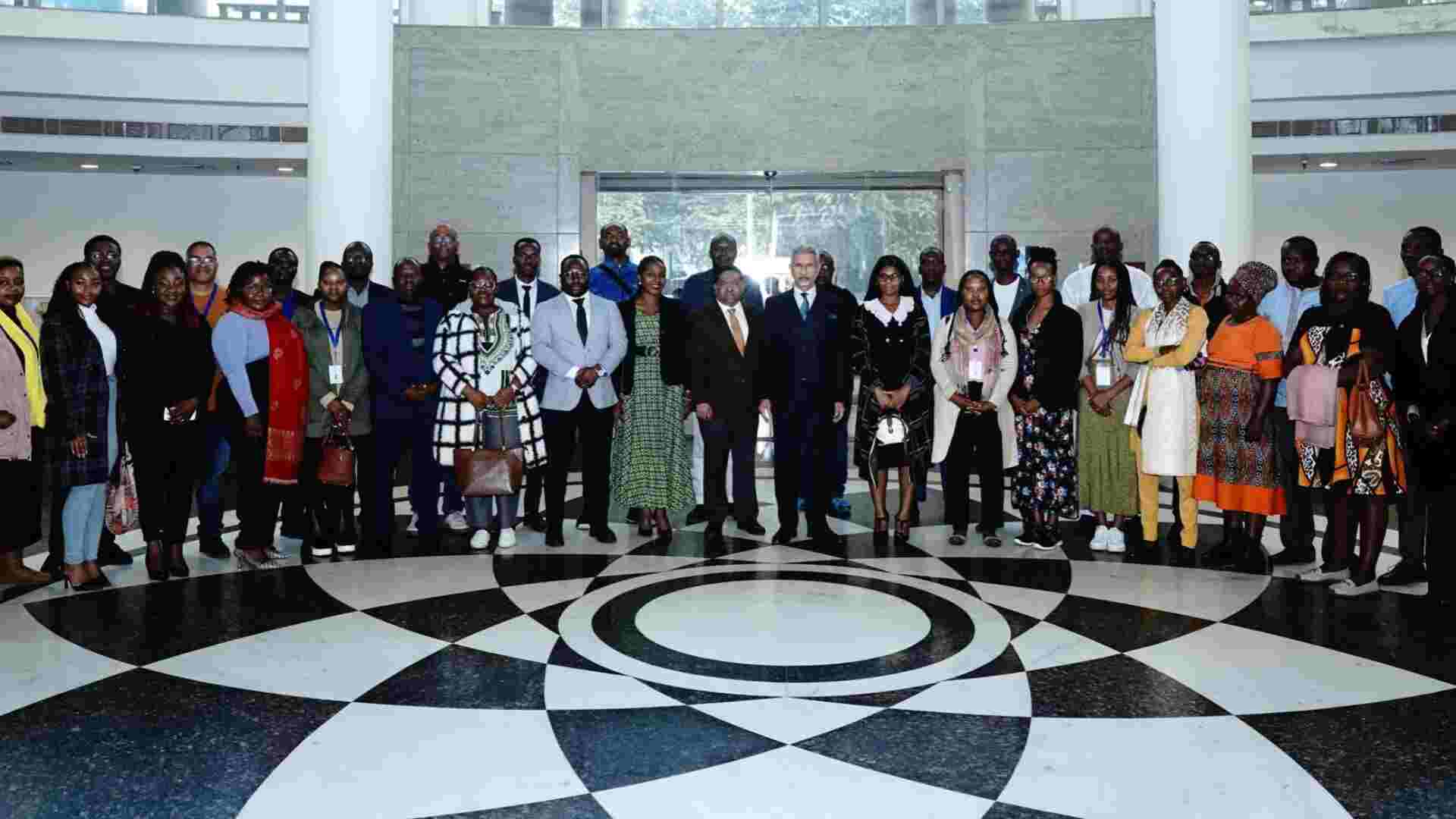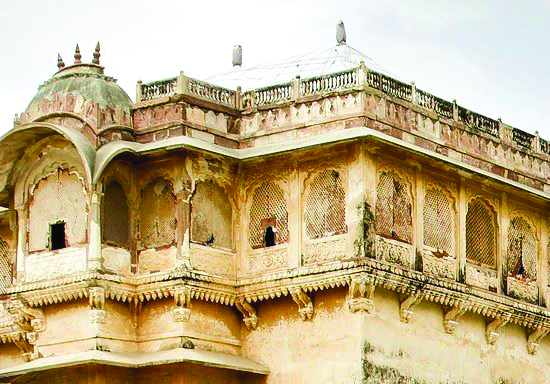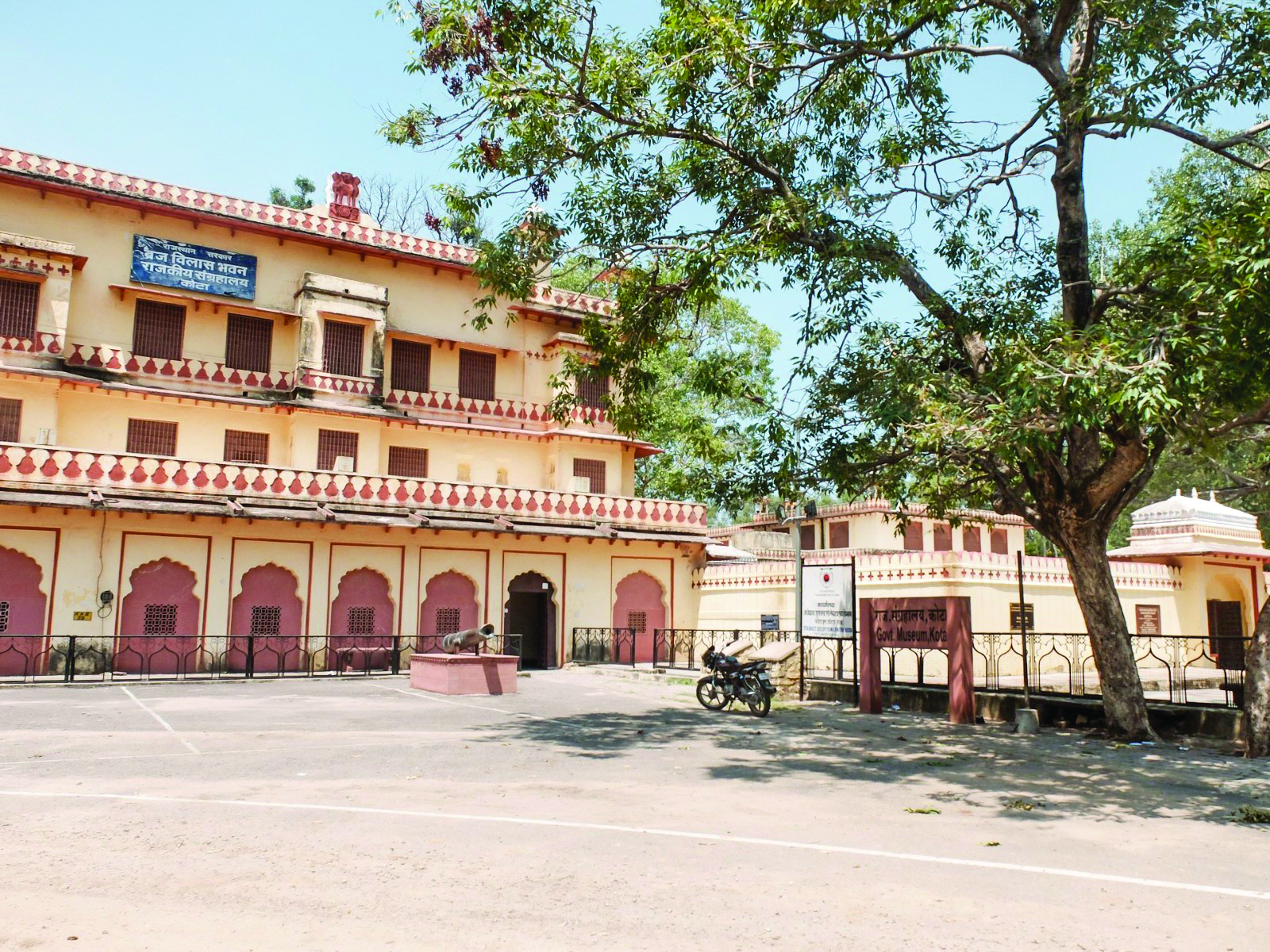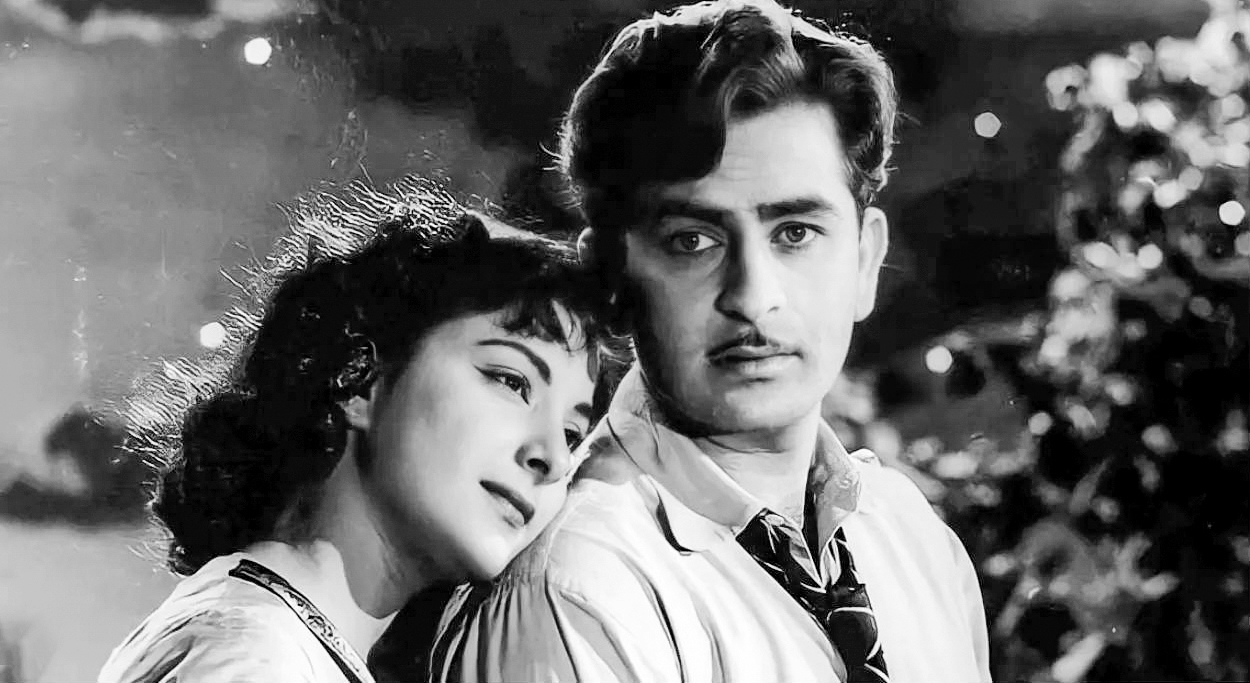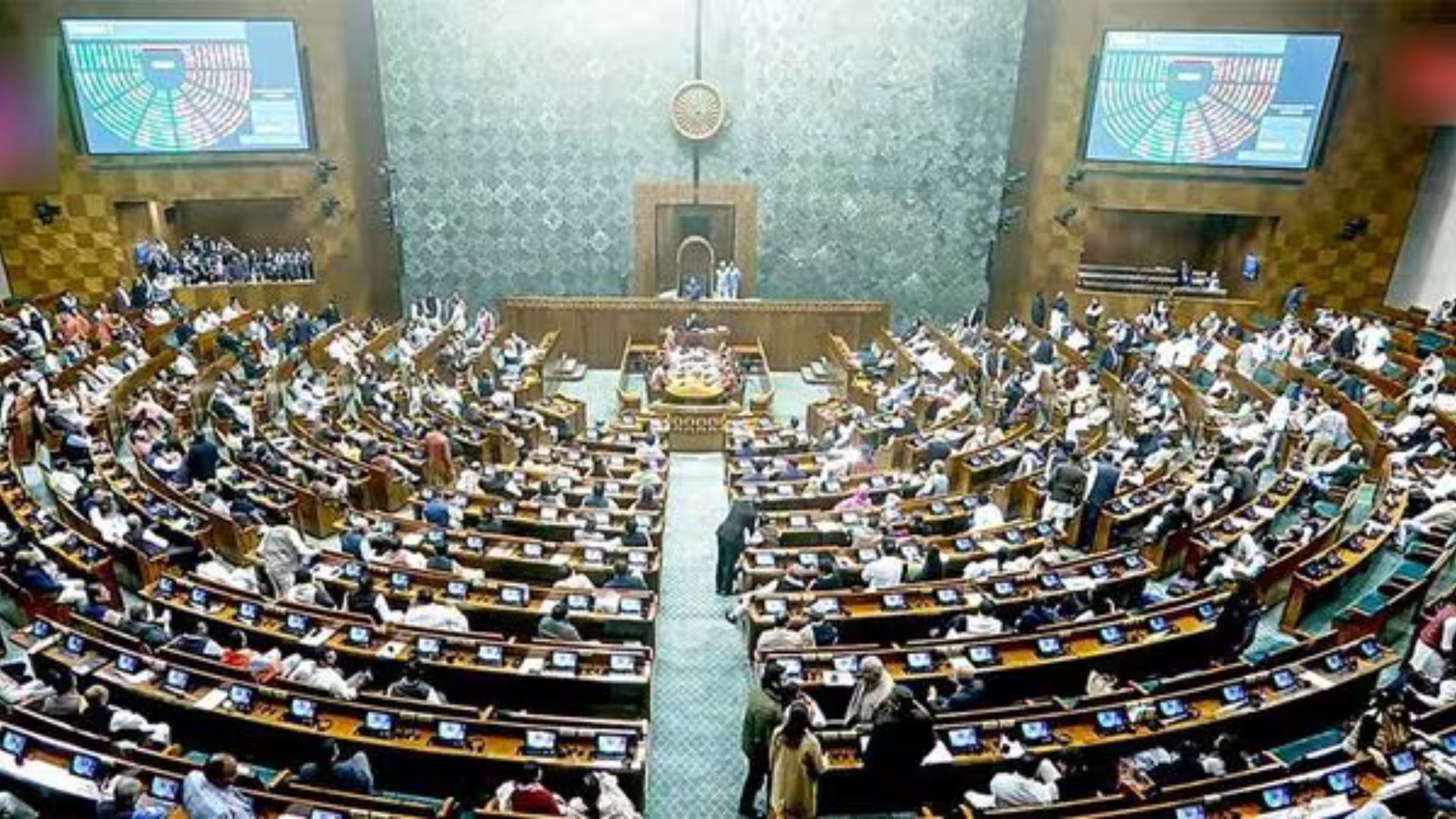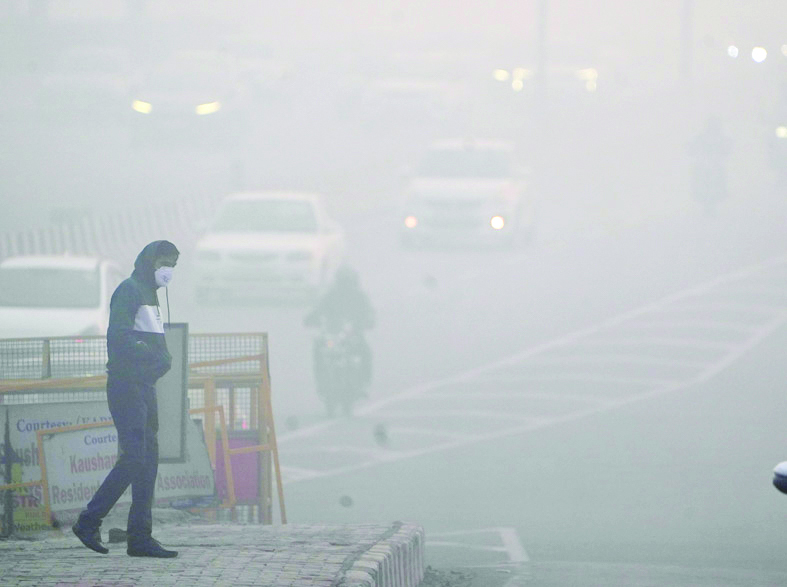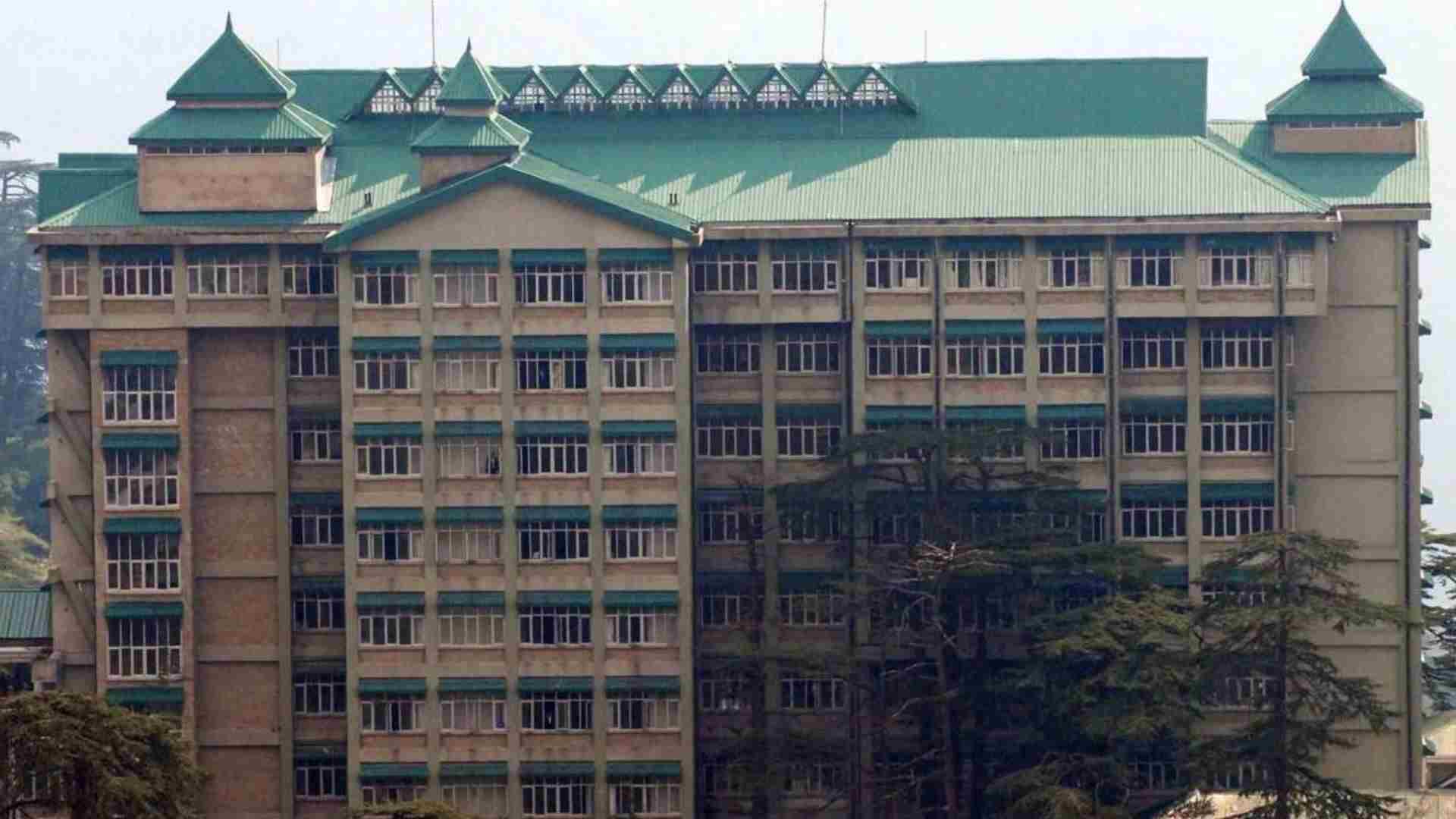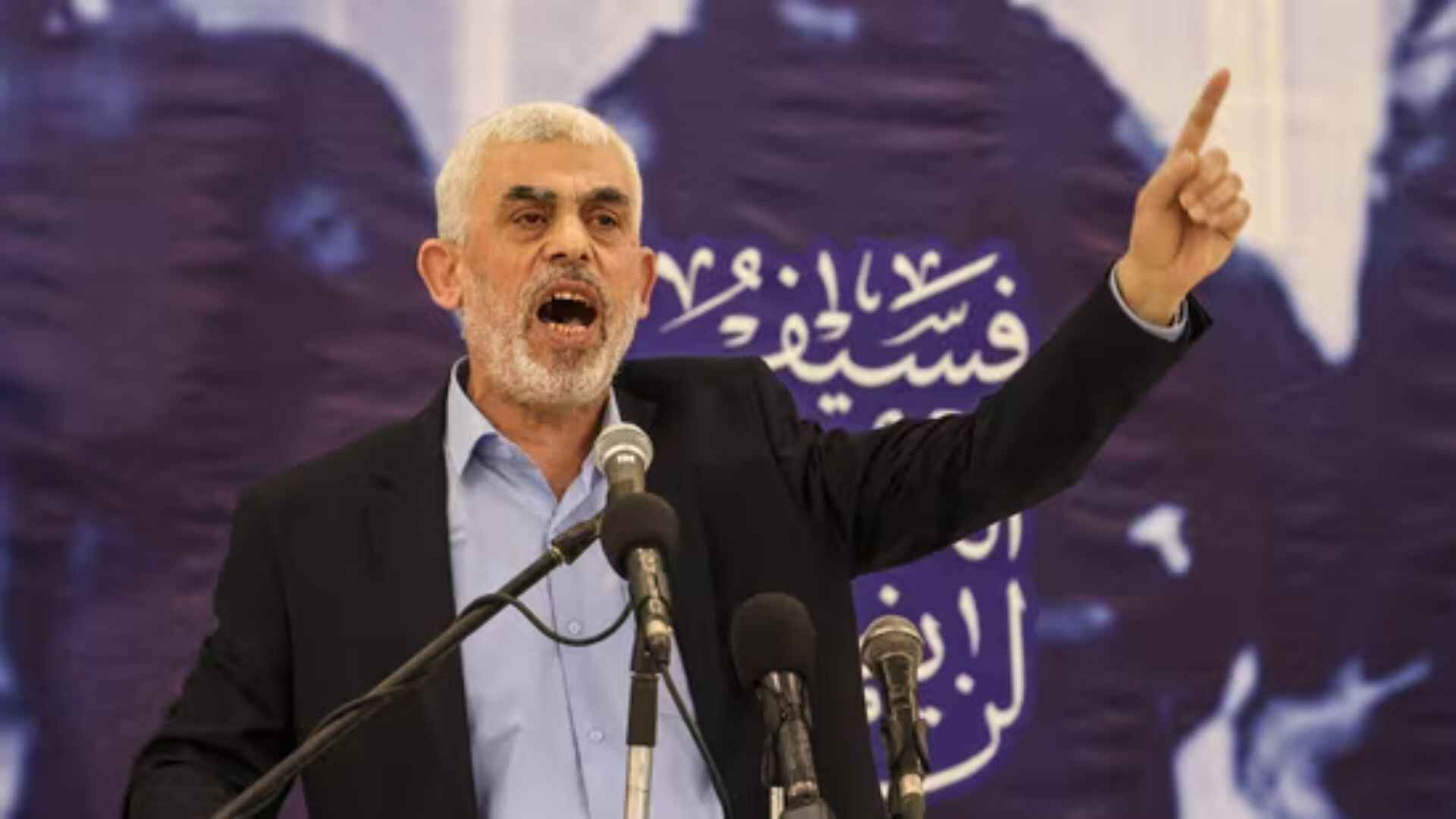
Yahya Sinwar, recognized as the mastermind behind the October 7 Hamas massacre that resulted in the deaths of over 1,200 Israelis and the taking of more than 250 hostages, has now been killed, making him “one of the world’s most wanted terrorists.”
Known as the “Butcher of Khan Younis” for his involvement in interrogating, torturing, and executing alleged Palestinian informants for Israel, as well as those suspected of violating strict Islamic codes of behavior, Sinwar previously led Hamas’ internal security service. He spent over two decades in an Israeli prison for his role in the murder of two Israeli soldiers and was released in 2011 as part of the Gilad Shalit deal.
Born in 1962 in Khan Younis, Yahya Sinwar was often depicted as one of the most unyielding senior officials within Hamas. He was arrested multiple times by Israel in the early 1980s due to his involvement in anti-occupation activism at the Islamic University in Gaza.
After graduating, he played a pivotal role in establishing a network of fighters dedicated to armed resistance against Israel, which would later evolve into the Qassam Brigades, the military wing of Hamas. Sinwar became one of Hamas’s leaders shortly after its founding by Sheikh Ahmed Yassin in 1987. The following year, he was arrested by Israeli forces and sentenced to four life terms—equivalent to 426 years in prison—for his alleged involvement in the capture and killing of two Israeli soldiers, as well as four suspected Palestinian spies.
Yahya Sinwar spent 23 years in an Israeli prison, during which he became fluent in Hebrew and gained extensive knowledge of Israeli affairs and domestic politics. He was released in 2011 as part of the prisoner exchange deal that secured the freedom of Israeli soldier Gilad Shalit, who had been captured by Hamas.
Following his release, Sinwar quickly regained prominence within Hamas. In 2012, he was elected to the group’s political bureau and was given responsibility for coordinating with the Qassam Brigades, the military wing of the organization.
Sinwar played a prominent political and military role during Israel’s seven-week offensive against Gaza in 2014. The following year, the United States designated him as a “specially designated global terrorist.”
In 2017, Yahya Sinwar took over as Hamas’s chief in Gaza, following Ismail Haniyeh, who was elected as the head of the group’s political bureau.
Unlike Haniyeh, who traveled across the region and delivered speeches throughout the ongoing conflict in Gaza, Sinwar remained largely silent after October 7, until his assassination.
Hamas’ plans included a cross-border attack targeting both military and civilian sites in Israel. Initial discussions about this strategy began in January 2022, with Hamas officials emphasizing the need to focus on what they referred to as “the big project” while avoiding immediate conflict escalation.
Letters from Hamas chief Yahya Sinwar to Iranian officials, dated as early as June 2021, exposed requests for financial and military aid for a large-scale assault on Israel. In these letters, obtained by US media outlets, Sinwar detailed the significant damage Hamas had suffered during clashes with Israel and sought Iranian support to rebuild their strength. “We are in dire need of your standing with us with all strength, determination, support and backing; first to restore our strength and what has been exhausted in this confrontation or what has been targeted, and to develop our capabilities many times over,” he wrote in a letter to Ismail Qaani, leader of the Islamic Revolutionary Guard Corps’ Quds Force.
In the 2021 letters, Sinwar also appealed to other senior Iranian officials, including the country’s supreme leader, Ali Khamenei, for additional financial and military assistance. “We promise you that we will not waste a minute or a penny unless it takes us toward achieving this sacred goal,” a June 2021 letter states, with apparent signatures from Sinwar and five other Hamas officials, according to The Washington Post.
As planning advanced over several months, multiple attack scenarios were considered, with potential targets including shopping malls and military command centres. According to The Washington Post, one particularly ambitious plan involved a 9/11-style attack on the Azrieli Towers in Tel Aviv, but this idea was ultimately abandoned due to concerns about its feasibility.
By September 2022, Hamas seemed poised to carry out its plan, which initially focused on attacking military bases before moving to civilian areas. However, the operation was delayed until October 7, 2023, due to ongoing efforts to secure support from Iran and Hezbollah. In August 2023, Sinwar’s deputy reportedly met with an Iranian official to finalize operational details for the attack.
Although both Iran and Hezbollah expressed support, they required more time for preparation, according to reports. Ultimately, Hamas proceeded without direct assistance from these allies but executed its attack as planned. On October 7, Hamas launched its deadly operation, killing over 1,200 people across southern Israel and abducting around 250 individuals.
Since the October 7 attack on southern Israel—believed to have been orchestrated by Sinwar—Israel has been targeting prominent figures within Hamas, including Muhammad Deif, the chief of the group’s military wing, and Rafa’a Salameh, the Khan Younis Brigade leader.
Hamas leaders Ismail Haniyeh and Saleh al-Arouri were also killed earlier this year in drone strikes in Iran and Beirut, respectively. Reports had indicated that Yahya Sinwar and his brother Muhammad remained top targets for Israeli forces, but attempts to locate them had been unsuccessful until now.
Also Read: Sinwar Is Dead: Netanyahu Confirms Hamas Leader Yahya Sinwar Killed In Israeli Strike
